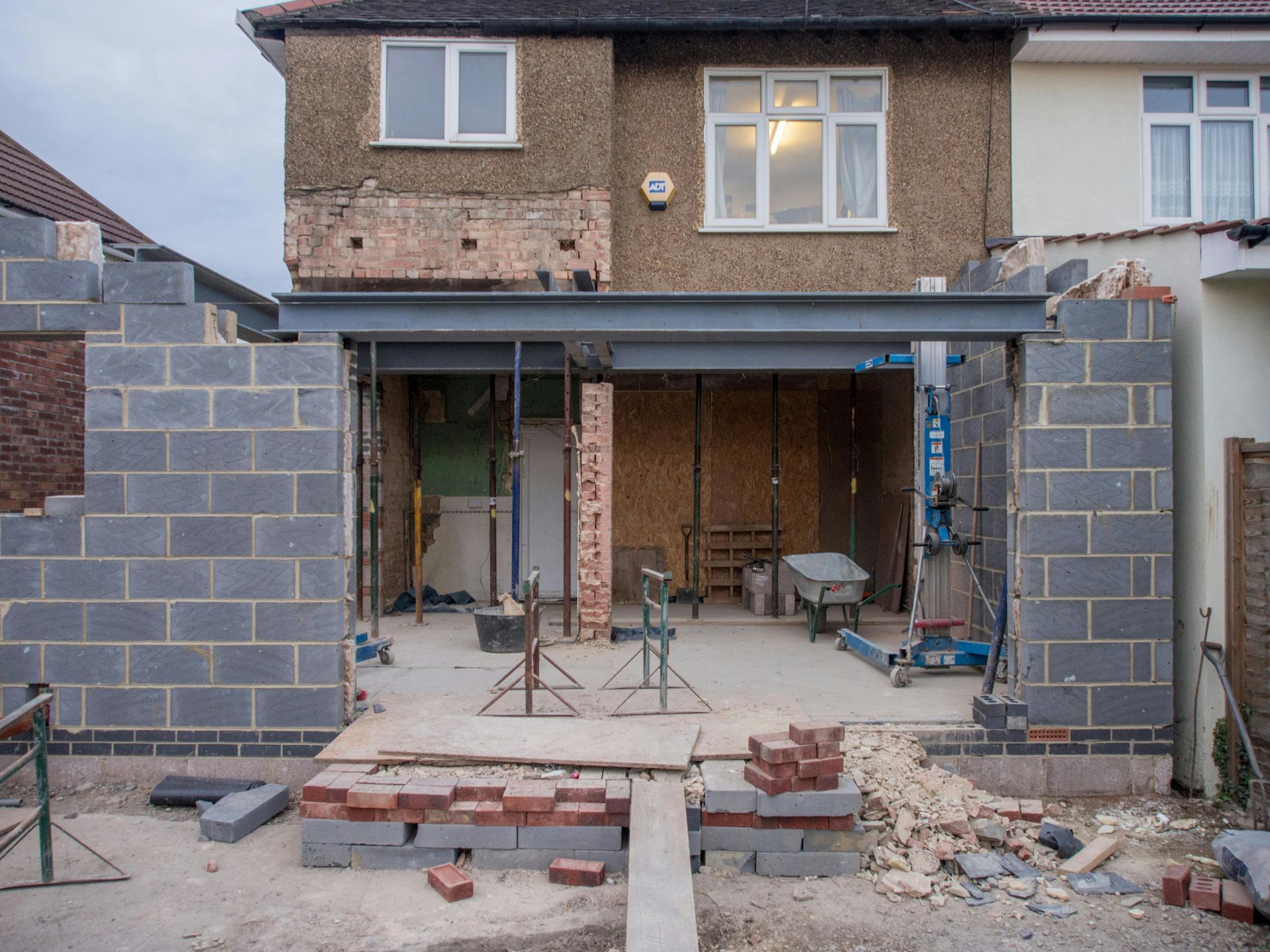Leasehold has long been a defining feature of the UK property market. While much of the attention focuses on Prime Central London, where leasehold enfranchisement deals can run into the millions, thousands of leaseholders across regional cities and towns face similar challenges on a different scale.
Whether it is buying the freehold through collective enfranchisement, extending a short lease, or funding major works under Section 20 notices, the financial burden can be significant. In 2025, rising costs of construction, stricter building safety requirements, and leasehold reform have combined to make financing these obligations a pressing issue for homeowners and investors alike.
This article explores how enfranchisement and major works financing works outside of London’s prime postcodes, what lenders are willing to fund, and how Willow Private Finance helps leaseholders navigate what can otherwise be a minefield.
Why Leasehold Enfranchisement Matters
Owning the freehold—or extending a short lease—creates security and long-term value. Mortgage lenders are often unwilling to lend on properties with fewer than 70–80 years left on the lease. Values can also decline rapidly once leases shorten, particularly once they dip below the 80-year threshold and marriage value calculations come into play.
For homeowners in places like Manchester, Birmingham, or Leeds, enfranchisement is not just about investment—it can be about preserving marketability. A flat with 60 years left on the lease may sell for significantly less, while the cost of extending it only rises each year.
Major Works and Section 20 Demands
Beyond enfranchisement, leaseholders often face substantial bills for major works. Local councils and freeholders are increasingly issuing Section 20 notices to cover external repairs, fire safety upgrades, or cladding remediation. While Prime Central London headlines may highlight six- or seven-figure demands, regional leaseholders also face bills of £20,000–£80,000—enough to cause serious financial strain.
In 2025, the emphasis on fire safety post-Grenfell, coupled with new sustainability requirements for older buildings, has pushed more freeholders to initiate costly works. For many homeowners, borrowing is the only realistic way to meet these obligations.
Financing Options in 2025
There are several routes open to leaseholders, each with its own considerations.
Remortgaging or Further Advances
For those with sufficient equity, remortgaging or applying for a further advance is the simplest way to raise funds. However, the property’s lease length can restrict options—short leases often make remortgaging difficult without simultaneously funding an extension.
Second Charge Mortgages
When remortgaging is not possible—perhaps due to attractive rates on the main loan—a second charge mortgage can raise the required capital without disturbing the existing arrangement.
Specialist Enfranchisement Loans
Some lenders and private banks now offer products specifically tailored to enfranchisement or lease extension costs. These often account for the uplift in property value that results once the freehold is secured or the lease extended.
Bridging Finance
When timelines are tight—such as short notice on a Section 20 demand or a freehold purchase deadline—bridging loans can provide immediate funds, later refinanced onto a mainstream product.
Regional Dynamics
Outside London, enfranchisement and major works financing is less about trophy assets and more about safeguarding value. A group of leaseholders in a Leeds apartment block may collectively need to raise £1 million to buy their freehold, with individual contributions of £30,000–£50,000. In Birmingham, cladding remediation has left many facing bills of £40,000 each.
The sums may be smaller than those in Mayfair or Knightsbridge, but the impact is often just as profound. For many, failure to finance these obligations risks being trapped in unsellable homes.
Real-World Example
Willow recently worked with a group of leaseholders in a Manchester development facing combined major works and lease extension costs of over £500,000. Several owners had limited equity and were initially declined by high street lenders. By structuring bespoke second charge and private bank loans, we enabled each leaseholder to access the funds required. As a result, the building’s value was preserved, and individual flats avoided falling into negative equity territory.
Strategic Considerations
The key to financing enfranchisement and major works is timing. Costs increase the longer action is delayed, while property values continue to erode as leases shorten. For landlords, these obligations also tie directly into lending criteria—portfolio valuations can be dragged down by even a handful of properties with short leases or unresolved major works.
A proactive approach is essential. Understanding the available options, engaging with lenders early, and preparing documentation in advance can mean the difference between a successful solution and a distressed sale.
How Willow Can Help
At Willow Private Finance, we work with leaseholders, landlords, and collective groups to arrange funding for enfranchisement and major works. We understand the complexity of short leases, the urgency of Section 20 demands, and the appetite of lenders who are willing to support these cases.
Because we are independent and whole of market, we can assess whether remortgaging, second charges, bridging finance, or private bank solutions will deliver the best outcome. For clients outside Prime Central London, this tailored approach ensures regional leaseholders receive the same level of expertise as high-value London borrowers.
Frequently Asked Questions
What is leasehold enfranchisement and why does it matter outside London?
Enfranchisement is the process by which leaseholders collectively acquire the freehold (or extend leases), giving them greater control and preserving value—especially important in regions where mortgages are harder to secure on short leases.
Willow Private Finance
What are “major works” and how are they financed under Section 20?
Major works are large building or safety-related repairs (e.g. external repairs, fire safety upgrades) charged to leaseholders under Section 20 notices. These can range from tens to hundreds of thousands in regional blocks.
Willow Private Finance
What lending options can leaseholders use to fund enfranchisement or major works?
What challenges do lenders place on leasehold financing?
Short leases often restrict remortgaging; lenders may decline proposals on properties with less than ~70–80 years on the lease. Lenders will also scrutinize documentation, repayment ability, and structure of borrowing.
Willow Private Finance
When should leaseholders begin the financing process?
Proactivity is key: costs rise over time, values erode as leases shorten, and delays can force distressed solutions. Starting early gives better leverage and planning.
Willow Private Finance
How does Willow support this kind of finance?
Willow works with leaseholders or groups to structure appropriate funding, navigating lease length constraints, urgency of Section 20 notices, and lender appetite—finding the right mix (remortgage, second charge, bespoke loans) for each case.
Willow Private Finance
📞 Want Help Navigating Today’s Market?
If you are facing a lease extension, enfranchisement contribution, or major works demand in 2025, you do not need to face it alone.











